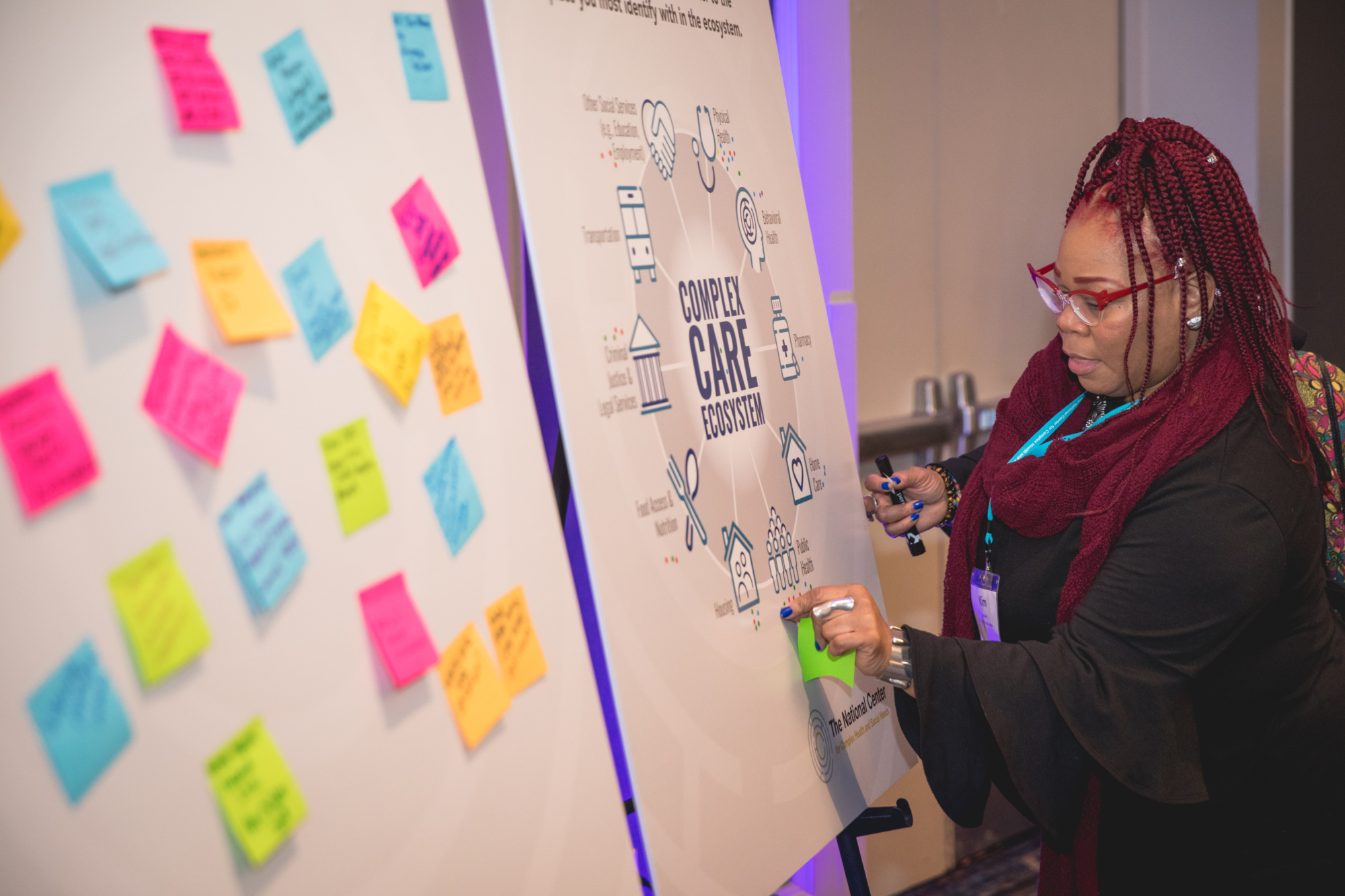
Ecosystem Assessment Tool
How strong is your community’s ecosystem of care?
We define “ecosystems of care” as interdependent networks of organizations and sectors within a community that work collectively to provide care and address the root causes of poor health among individuals with complex health and social needs.
The Camden Coalition is the backbone of everything having to do with health in the city of Camden.Miguel Arriaga, Miguel’s Pharmacy
Real interconnectedness requires genuine authenticity — between and among patients, helpers, and communities. The most powerful examples of successful ecosystems of care feature local and regional communities coming together, honestly evaluating their systems, understanding who’s at the table, and identifying who’s missing and marginalized.Kathleen Noonan, Camden Coalition President and CEO
In our work providing high-touch care management in Camden, we’ve learned that success in complex care is not achievable for a single system or organization. Care coordination on a person-by-person basis is only the first step — ultimately, the systems themselves need to work in coordination around the needs of the people they serve.
We define “ecosystems of care” as interdependent networks of organizations and sectors within a community that work collectively to provide care. As a New Jersey Regional Health Hub, we act as a bridge between the state government, care delivery organizations in South Jersey, and community members. We bring residents and partner organizations together to identify gaps, build new programs and systems, and advocate for better policy. Our Camden Coalition Health Information Exchange connects organizations across South Jersey through shared data.
Care management & redesign Strengthening ecosystems of care Behavioral health & addiction Quality improvement
Care management & redesign Data analysis & integration Strengthening ecosystems of care Quality improvement
Community & consumer engagement Strengthening ecosystems of care



